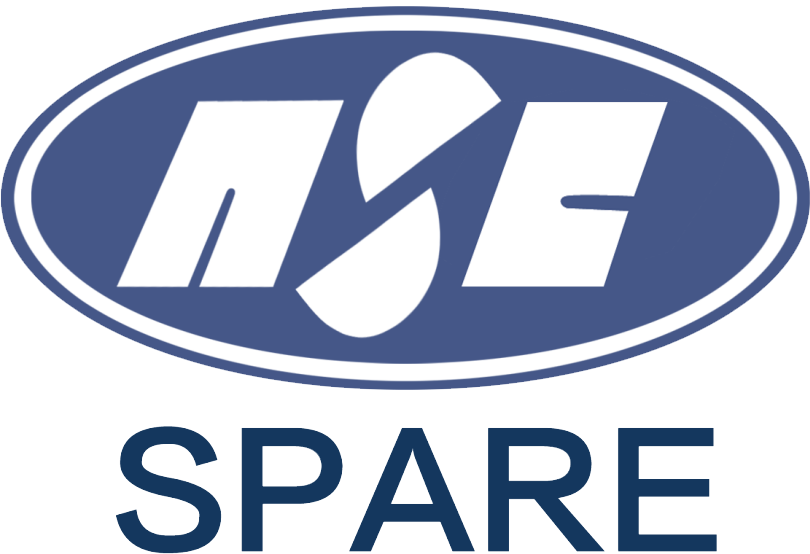The Advantages of FRP in the Construction Industry
Fiberglass Reinforced Plastic (FRP) is revolutionizing the construction industry with its numerous advantages over traditional building materials. As the demand for more sustainable, durable, and cost-effective solutions rises, FRP stands out as a leading choice for architects, engineers, and construction professionals. Here are some of the key benefits of using FRP in construction:
1. Durability and Longevity:
FRP offers exceptional durability, resisting corrosion, rust, and chemical damage, which are common issues with materials like steel and wood. This makes FRP ideal for structures exposed to harsh environments, such as bridges, coastal buildings, and chemical plants. The longevity of FRP reduces maintenance costs and extends the lifespan of structures.
2. Lightweight and High Strength:
Despite its lightweight nature, FRP boasts a high strength-to-weight ratio, providing significant structural support without adding excessive weight. This characteristic simplifies transportation and installation, reduces labor costs, and enhances safety on construction sites. Moreover, it enables innovative design possibilities that would be challenging with heavier materials.
3. Versatility in Design:
FRP can be molded into various shapes and sizes, offering unparalleled design flexibility. This adaptability allows for the creation of complex architectural forms and customized components tailored to specific project requirements. The material's inherent versatility supports modern architectural trends, enabling the construction of aesthetically pleasing and functional structures.
4. Thermal and Electrical Insulation:
FRP possesses excellent thermal and electrical insulation properties, making it an ideal choice for applications where these characteristics are essential. It helps in maintaining energy efficiency in buildings, contributing to reduced heating and cooling costs. Additionally, FRP's non-conductive nature enhances safety in electrical applications and reduces the risk of electrical hazards.
5. Sustainability:
As the construction industry moves towards greener practices, FRP stands out for its environmentally friendly attributes. It can be manufactured using recycled materials and requires less energy to produce compared to traditional materials. Furthermore, its durability means fewer replacements and repairs, resulting in less waste over time.
6. Cost-Effectiveness:
Although the initial cost of FRP can be higher than some conventional materials, the long-term savings it offers are substantial. Reduced maintenance, lower transportation and installation costs, and enhanced durability contribute to the overall cost-effectiveness of FRP in construction projects.
In conclusion, FRP's unique combination of durability, strength, versatility, and sustainability makes it an invaluable material for the construction industry. As more professionals recognize these benefits, the adoption of FRP is expected to grow, driving innovation and efficiency in construction practices worldwide.









